Cats, with their enigmatic eyes and graceful movements, have always captivated humans. Yet, beneath their seemingly passive demeanor lies a world of intricate communication. For those who adore their feline companions, understanding these subtle behaviors can deepen the bond and provide insight into the mysterious world of cats. Let’s explore eight behaviors that might appear passive but hold profound significance.
The Slow Blink: A Sign of Trust
One of the most endearing gestures a cat can offer is the slow blink. This gentle closing and opening of the eyes is often a sign of trust and affection. When a cat slow blinks at you, it’s akin to them saying, “I feel safe with you.” It’s a silent way of communicating that they are comfortable and do not perceive any threat. If you find your cat giving you this tender gaze, try slow blinking back. It’s a mutual exchange, a quiet dialogue between two beings sharing a moment of peace and understanding.
Purring: More Than Just Contentment
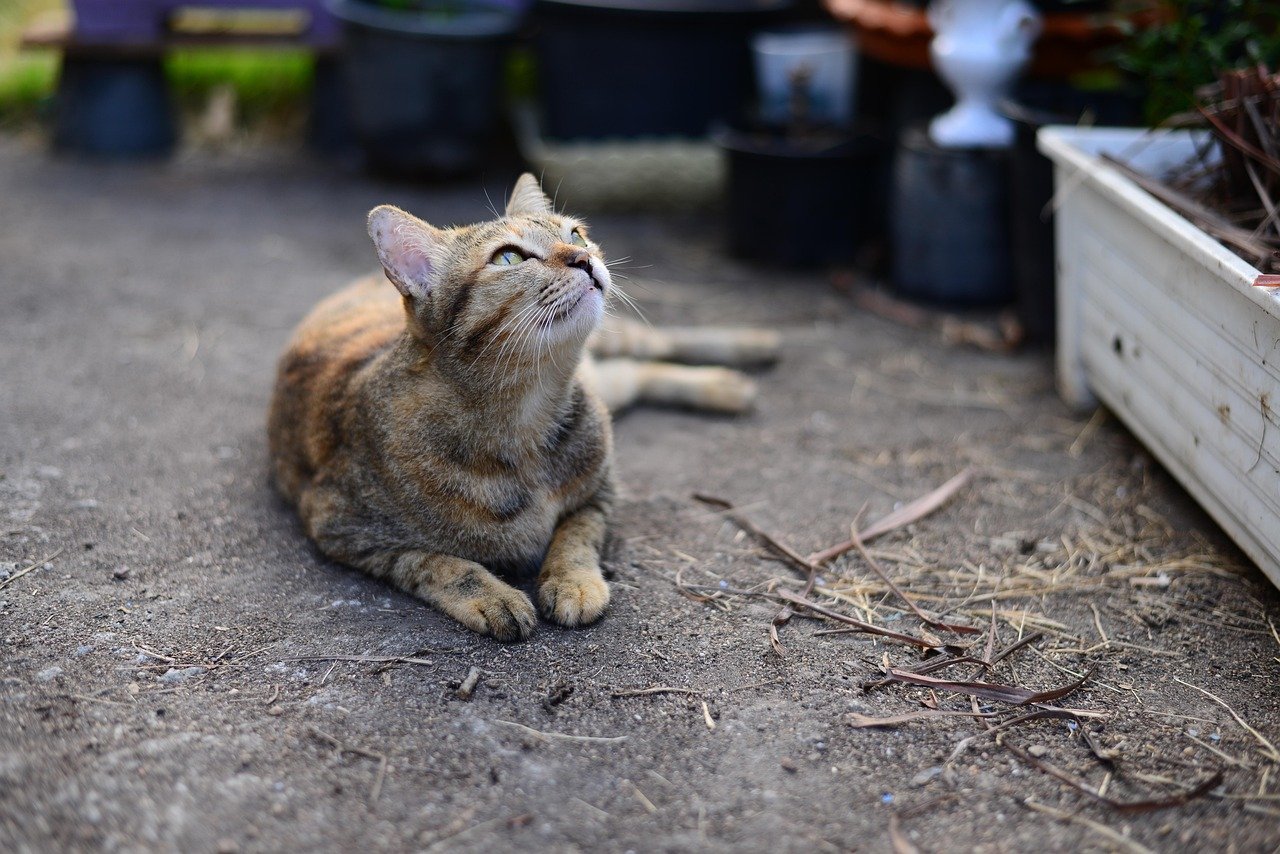
Many associate purring with a cat’s happiness, but it’s a multifaceted behavior. Cats purr for various reasons, including self-soothing when they’re in pain or stressed. The frequency of their purrs can also promote healing, acting as a natural therapy. When a cat purrs while nestled on your lap, it can mean they’re content, but it might also be their way of calming themselves in unfamiliar environments. Observing the context in which your cat purrs can provide clues about their emotional state.
Kneading: A Throwback to Kittenhood
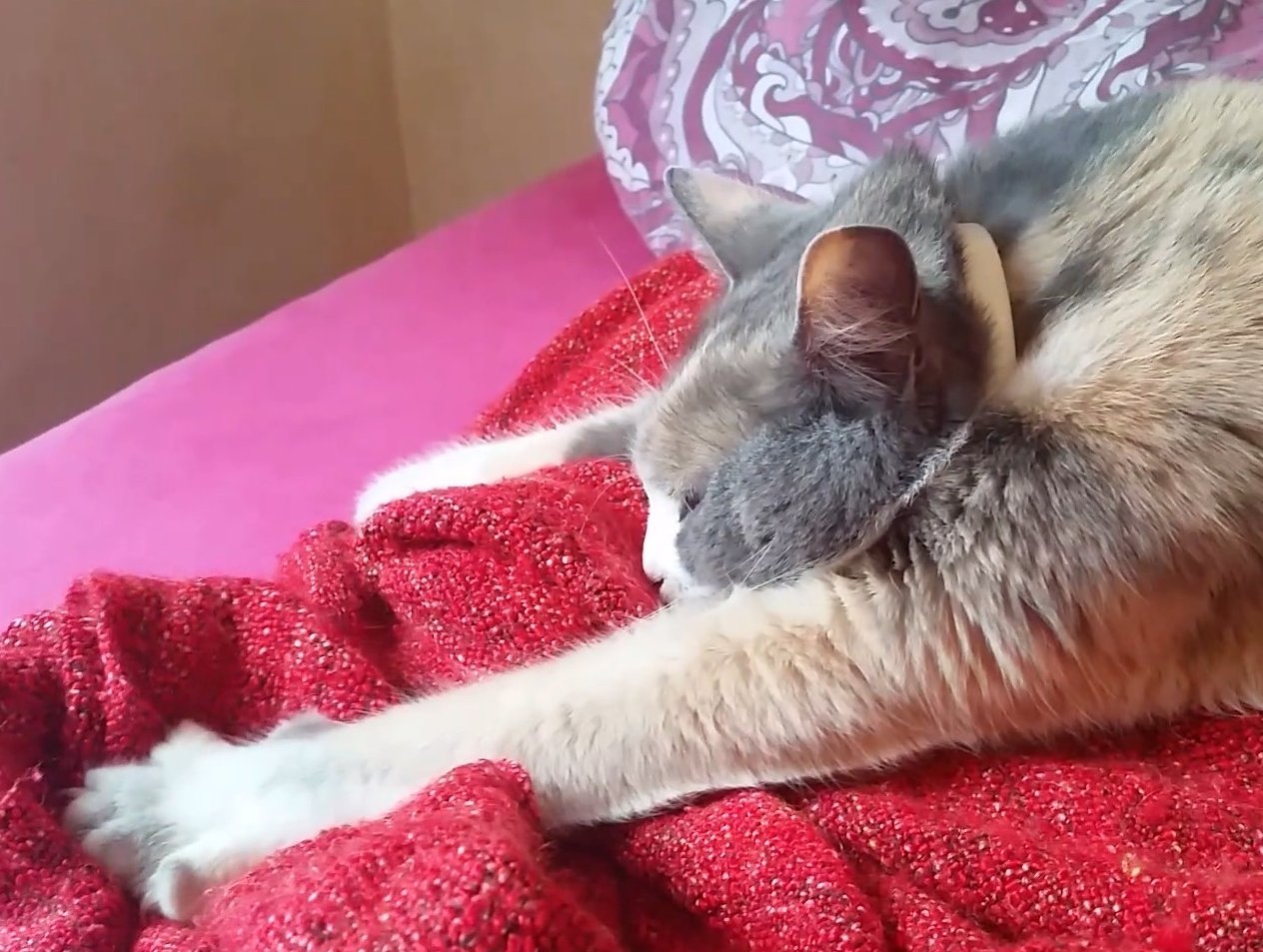
Kneading, where a cat rhythmically pushes their paws into a soft surface, is a behavior rooted in their kitten days. As kittens, they knead their mother’s belly to stimulate milk flow. In adulthood, this behavior can signify comfort and contentment. When a cat kneads on your lap or a favorite blanket, they’re often recreating the secure feelings of their early life. It’s their way of expressing relaxation and pleasure, a testament to your nurturing presence.
The Tail Twitch: A Silent Communicator
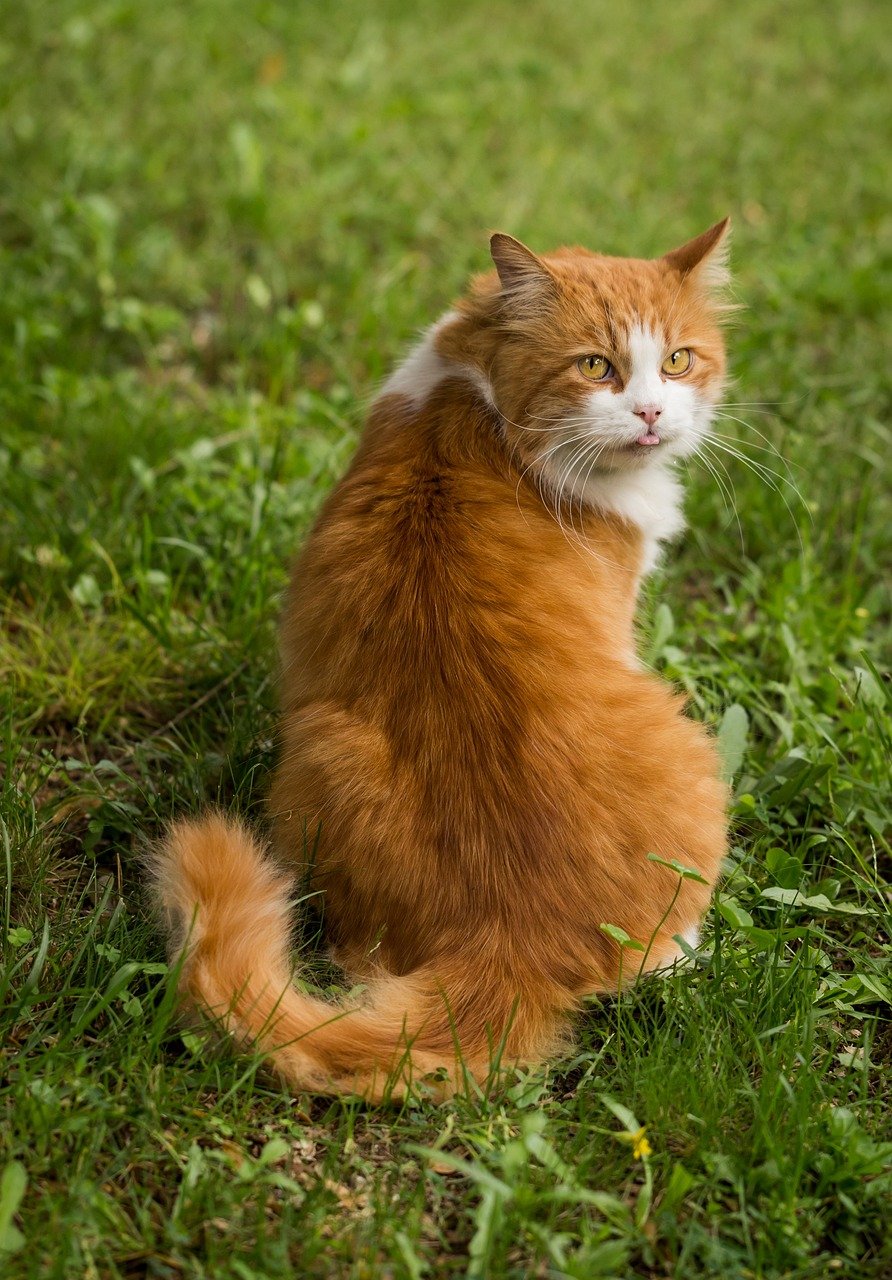
A cat’s tail is a versatile tool for communication, and a subtle twitch can convey a wealth of information. A gentle twitch might indicate curiosity or interest, while a more vigorous flick could signal irritation or agitation. Observing the tail’s movement in conjunction with other body language cues can help you decipher your cat’s mood. It’s their silent way of communicating feelings without uttering a single sound, a dance of emotions played out through elegant tail movements.
Exposing the Belly: A Vulnerable Gesture
When a cat rolls over and exposes its belly, it might seem like an invitation for a belly rub. However, this vulnerable position is a sign of trust, as cats instinctively protect their vital organs. While some cats might enjoy a gentle rub, others may become defensive if their trust is breached. Recognizing this behavior as a compliment and respecting your cat’s boundaries can strengthen the bond between you. It’s their way of saying, “I trust you enough to show my most vulnerable side.”
Head Butting: A Mark of Affection
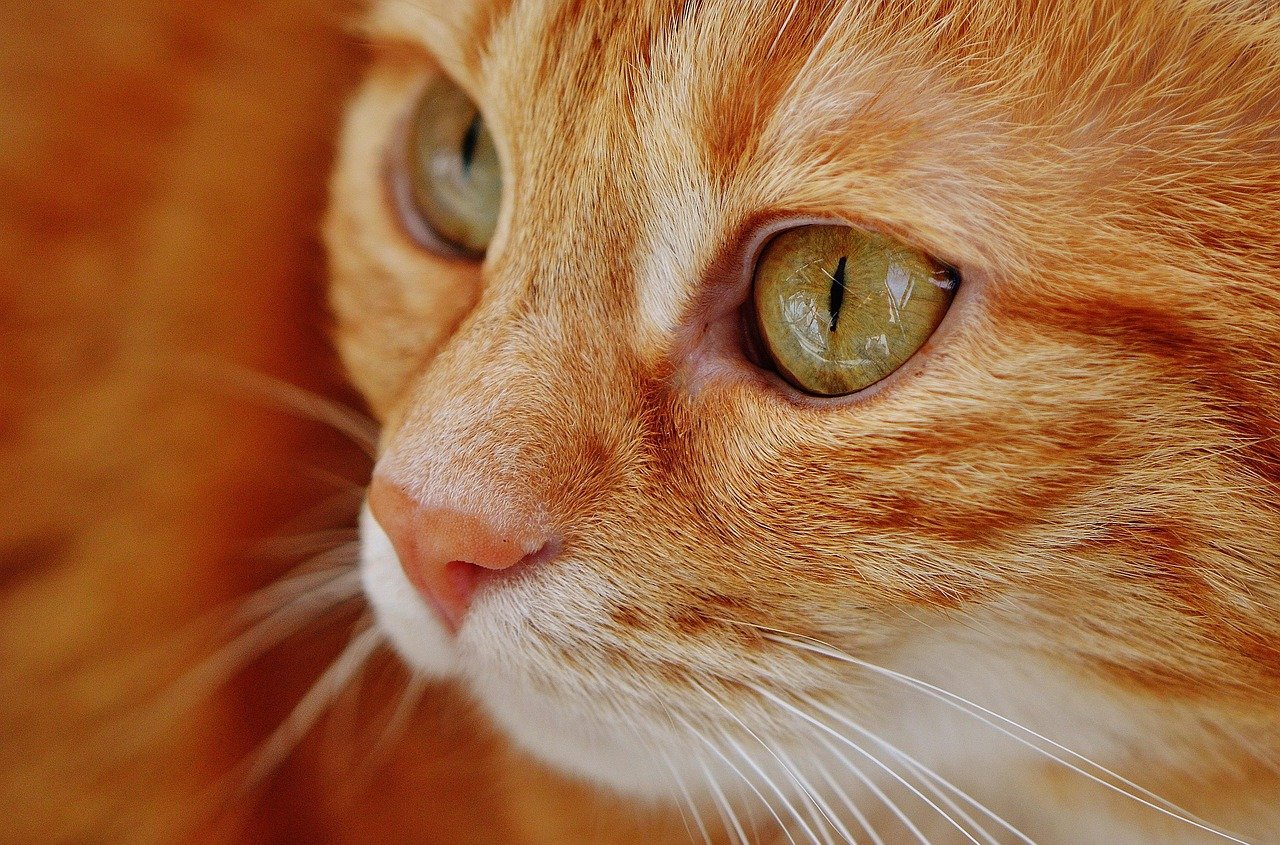
Cats have scent glands located on their heads, and when they head butt or nuzzle you, they’re marking you with their scent. This behavior is an affectionate gesture, indicating that they consider you part of their territory and family. It’s a feline way of showing love and claiming you as their own. When a cat head butts you, it’s their version of a warm embrace, a tactile connection that brings them comfort and familiarity.
The Silent Meow: A Personal Conversation
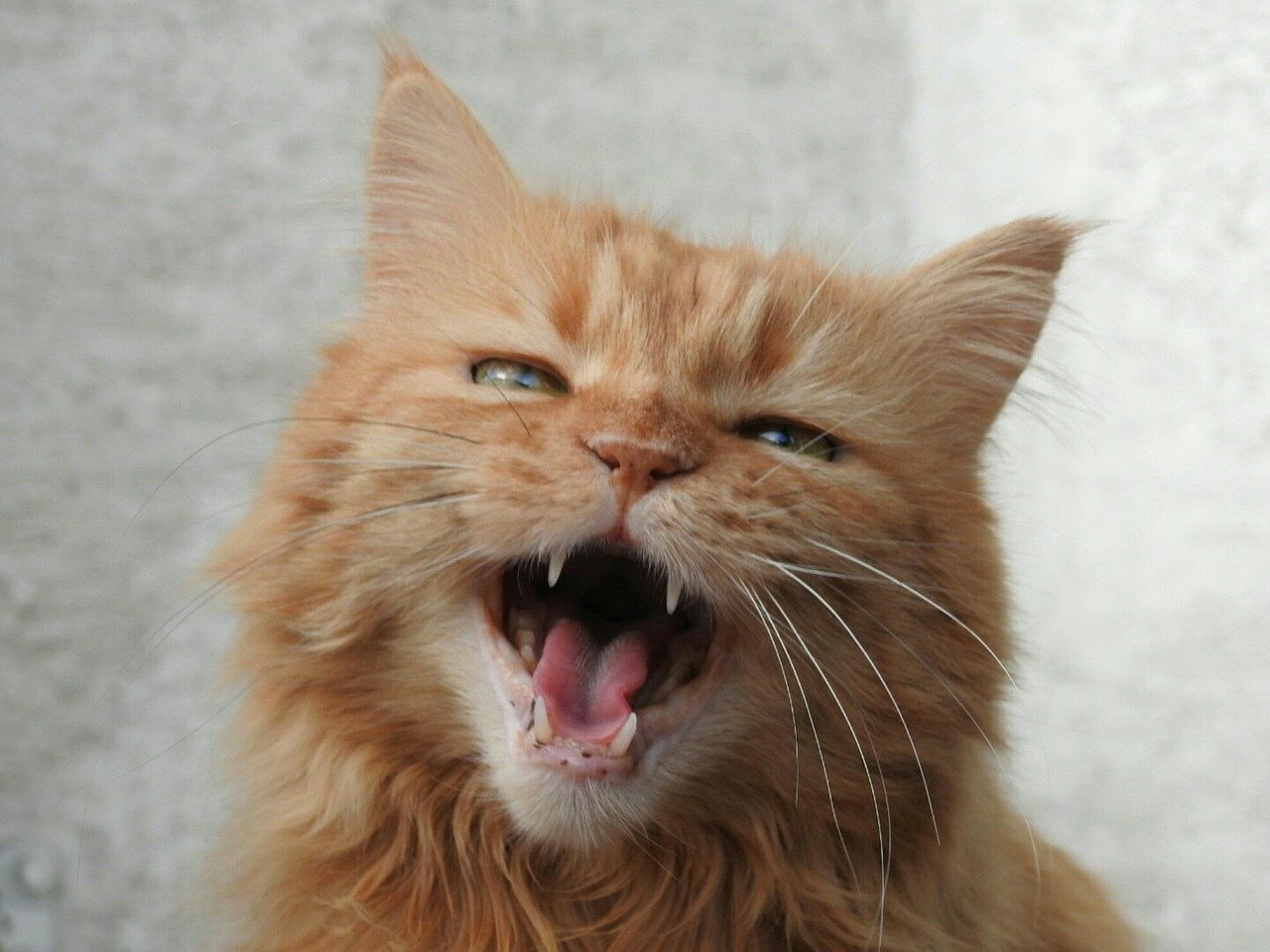
A silent meow, where a cat opens its mouth but no sound comes out, is often reserved for those they are closest to. This unique form of communication can signify a special bond between you and your feline friend. It’s as if they’re sharing a secret meant only for you. This silent gesture can be a request for attention, food, or simply a greeting. It’s a testament to the unique language shared between cats and their chosen humans.
Bringing ‘Gifts’: A Token of Love
While it might be unsettling to find a small creature left on your doorstep, in the feline world, this is a significant gesture. Cats are natural hunters, and presenting their catch is a way of sharing their success with you. It’s a demonstration of their skills and a form of reciprocation for the care you provide. Understanding this behavior as a token of love rather than a nuisance can foster a deeper appreciation for your cat’s instincts and the bond you share.
Cats are intricate creatures, weaving a tapestry of subtle signals and behaviors that convey their emotions and intentions. By taking the time to understand these seemingly passive actions, we open a window into their world, enriching the connection we share with these enigmatic companions.
Hi, I’m Bola, a passionate writer and creative strategist with a knack for crafting compelling content that educates, inspires, and connects. Over the years, I’ve honed my skills across various writing fields, including content creation, copywriting, online course development, and video scriptwriting.
When I’m not at my desk, you’ll find me exploring new ideas, reading books, or brainstorming creative ways to solve challenges. I believe that words have the power to transform, and I’m here to help you leverage that power for success.
Thanks for stopping by, Keep coming to this website to checkout new articles form me. You’d always love it!






